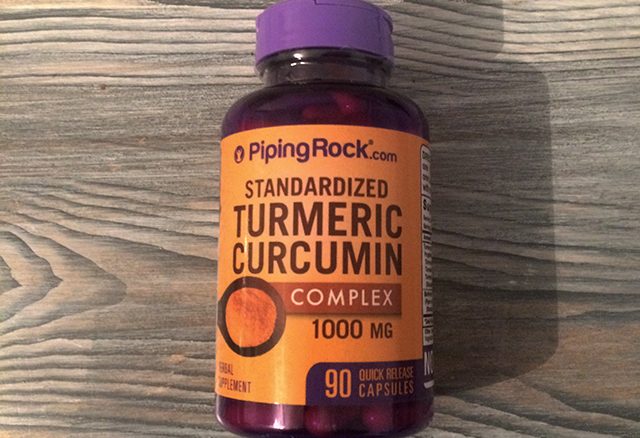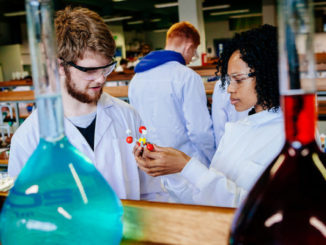
[dropcap]L[/dropcap]ike many Asian spices, turmeric is also known to have many health benefits and has been used as a form of traditional medicine.
Turmeric comes from a flowering plant in India and other parts of southeast Asia. Turmeric is what gives curry its yellow colour and it can also be used as an anti-inflammatory. Many cultures in Asia have been using turmeric in cooking, religion and for medicinal purposes such as treating cuts, improving circulation and some say that it can prevent Alzheimer and cancer.
Turmeric contains a compound called curcumin, which has anti-inflammatory properties, according to New York City-based dietitian Natalie Rizzo. This could benefit a range of chronic inflammatory conditions such as arthritis, fibromyalgia, heart disease and depression which has been linked to inflammation in the brain.
A research team in Washington State University have conducted a study curcumin in turmeric can inhibit bone cancer cells while promoting the growth of healthy bones. This is because inflammation in a factor in tumour progression therefore if you take away the inflammation, this slows down the growth of cancer.
This could lead to turmeric drugs being used to treat osteosarcoma in young children because it is one of the most common cancers in children. However, one person may see great benefits of a certain drug and another may not notice any change as each person is different.
The Indian population has a lower rate of cancer which can be linked to the consumption of turmeric curcumin however these people consume turmeric everyday of their lives and therefore a person who only begins taking turmeric in their 30’s or 40’s will not reduce their risk of cancer as much. Taking turmeric in high doses does speed up the process wither and can have an even worse effect on your body.
There are only a number of small scale tests that have been conducted to test the effectiveness of turmeric and some test results have found that arthritis patients have little to no improvements and others have noticed a lot of improvements. Since these studies were so small (between 25 to 50 people) this weakens the strength of the evidence even if every person showed a small improvement.
For example, Professor Manohar Garg, director of the nutraceuticals research program at the University of Newcastle said: “It’s very powerful, the most powerful food I know of, for fighting inflammation in the body”
However, there are some side effects to taking turmeric. Taking too much turmeric can result in diarrhoea and nausea. The average Indian diet can consume 2.5g of turmeric per day and some studies have found that a person with colon cancer can safely consume 3.6g per day.
It is safe to say that turmeric should not be thought of as a means of treating or preventing cancer just yet but it can still be enjoyed in everyday cooking. A healthy diet and lifestyle is one of the biggest factors in cancer prevention.
Roisín Maguire
Image Credit: Roisín Maguire



